 When a guest was received in Palestine 2,000 years ago the host performed certain courtesies. There was the kiss of welcome. Water was provided to wash the dust from his feet, and oil to anoint his head. The guests would recline at the meal and there was free access for the passer-by to stop and rest.
When a guest was received in Palestine 2,000 years ago the host performed certain courtesies. There was the kiss of welcome. Water was provided to wash the dust from his feet, and oil to anoint his head. The guests would recline at the meal and there was free access for the passer-by to stop and rest.
Persecution was already occurring in the New Testament time and led to the scattering of Christians from their homes. Food and lodging became for many an urgent necessity. There were also itinerant speakers, travelling from place to place preaching the gospel. They received nothing from those who did not believe, so followers of Jesus were needed to host and provide for them. Christians were warned by the apostles not to accommodate false teachers in their homes and thereby enable the deception to continue.
In Hebrews 13:1-2 we are told:
1 Keep on loving each other as brothers. 2 Do not forget to entertain strangers, for by so doing some people have entertained angels without knowing it. NIV
The ministry of welcoming others into our homes and lives remains a call we must not ignore. “Cocooning” or isolating ourselves and our families for the sake of survival in an increasingly hostile and hectic world may seem to be a logical approach these days, given the demands on a person’s time and life.
It was an exceptionally hot day, and they were having company for dinner. Mother asked five-year-old Jason to say the prayer before they ate.
“But what should I say?” asked Jason.
“Just say what you hear me say,” replied his mother.
Little Jason bowed his head and prayed, “Dear Lord, why did I ever invite people over on a hot day like this?”
Why aren’t we hospitable?
- We are transient. We change jobs and move to new cities, making it hard to build lasting friendships. We can live in isolation. When we travel, we don’t stay with relatives but in a motel; we eat in restaurants and stay in our rooms at night with only the television for company.
- We are independent. We hate to depend on others and go to great lengths to be sure we don’t have to do it.
- We are busy. Both spouses may work, and after hours they drive the children to music lessons and hockey games. When they come to a church service, they’re still in a rush, both to get there and to get back home.
All of these are factors, but the bottom line is that you and I are selfish; we don’t want to be inconvenienced. Hospitality means we must sacrifice our selfabsorption and develop a sensitivity to others.
“If you have a house,” Oswald Chambers taught, “the next thing the Bible counsels is hospitality.”
Break the cycle – commit yourself to hospitality and prepare for guests. If you buy a roast, get one big enough for more than just your household. Take initiative by seeking out those who would benefit from your hospitality. Be creative invite someone for breakfast, go out for coffee, take someone to a sporting event or a concert.
I have had a number of great hospitality role models but I must tell you about our friends, Benard and Alice Sakala, in Lusaka, Zambia. They have six children (some of whom have grown up and moved out), lead a church, school, orphanage and medical clinic and travel around the country to visit, encourage and teach leaders and their churches. They live in a brick house with one half more developed than the other. When my wife, Brenda, and I stay there with visitors from other countries, Benard and Alice vacate their bedroom for guests, provide good meals, bring in water from the well with buckets for cooking and flushing and heat it in a large coffee urn for washing. They do all this with such grace and joy!
When was the last time you went out of your way to welcome someone into your community? Into your church? Into your home?
 Allan Pole
Allan Pole
President
Cooperative ESL Ministries

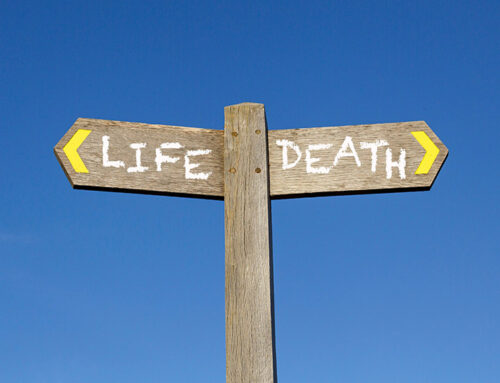








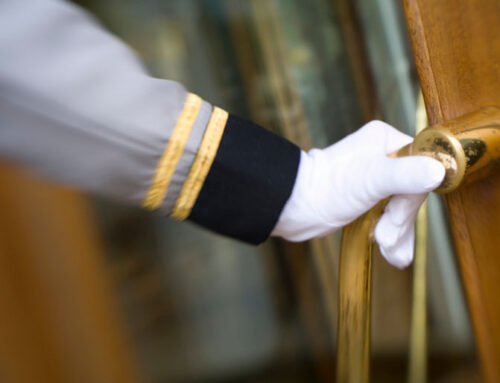




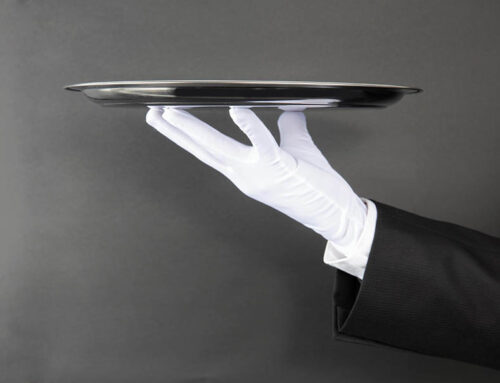
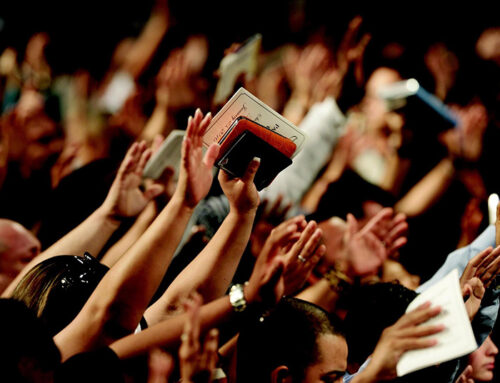












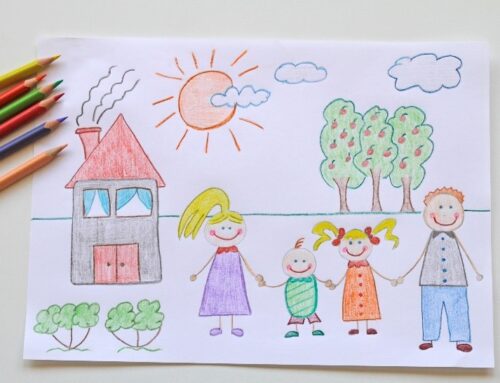





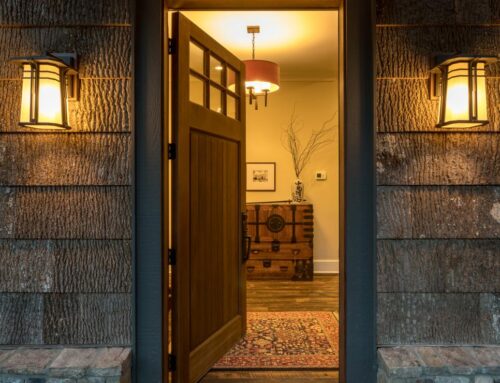
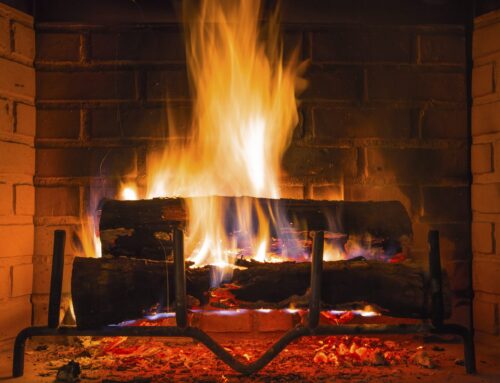


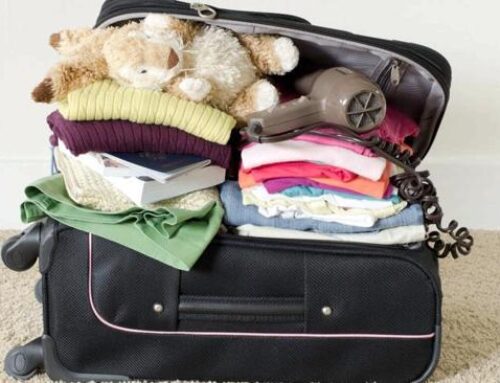

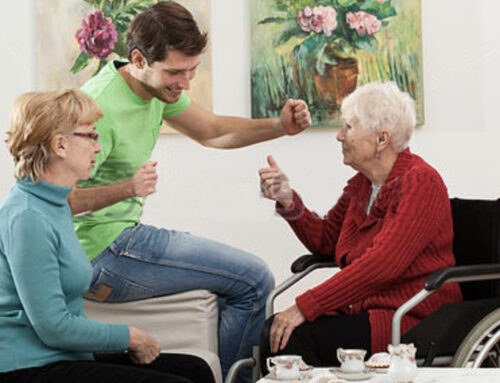






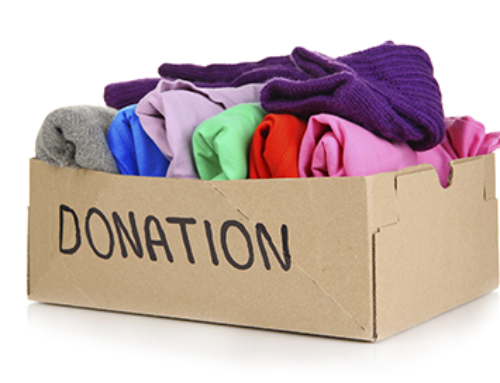



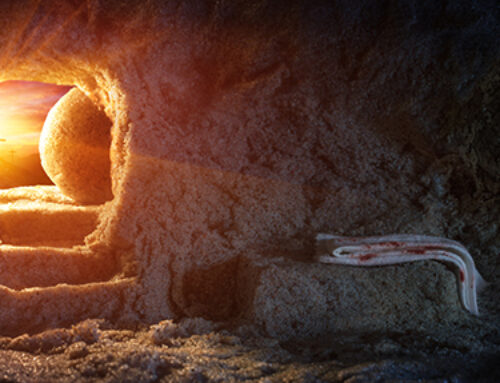



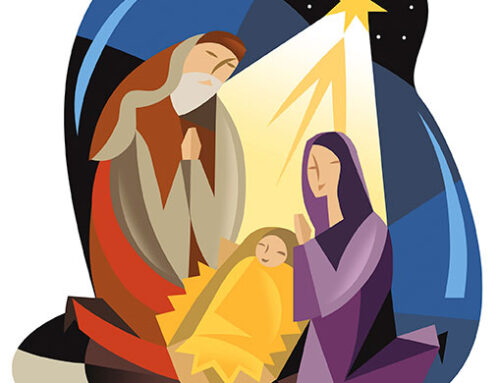




Now with Spring in the air, neighbourhood kids are ringing our doorbell a lot. Apparently my kids are fun to play with. A good chance to give a cup of cold water, cheerios, and apple slices, to these little ones. Thank you for the reminder to crash in my relatives places when I’m traveling. Teaches THEM hospitality. 🙂